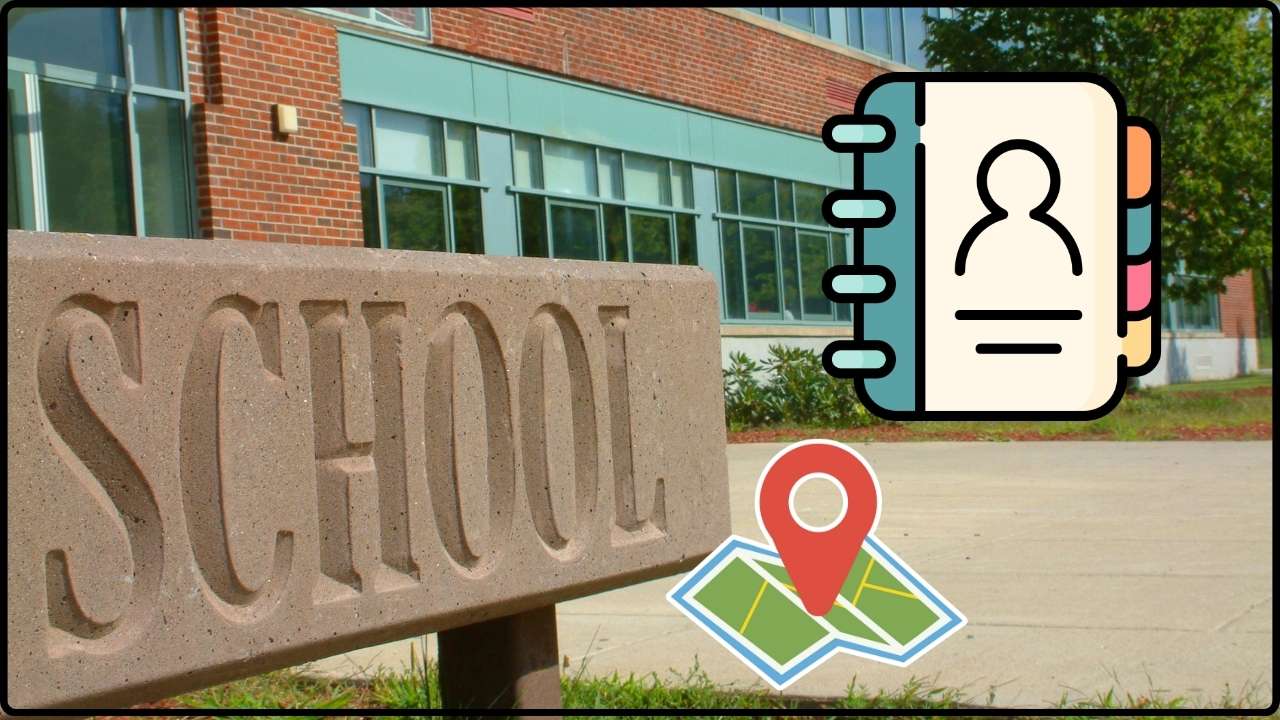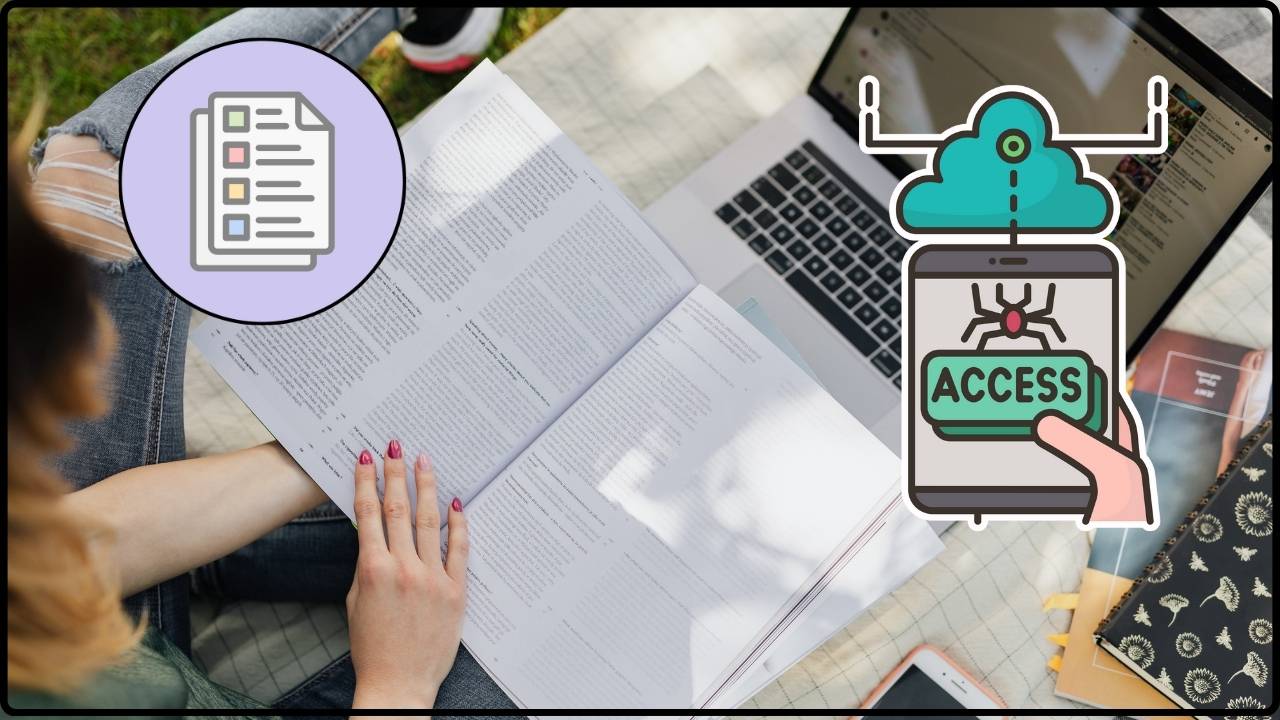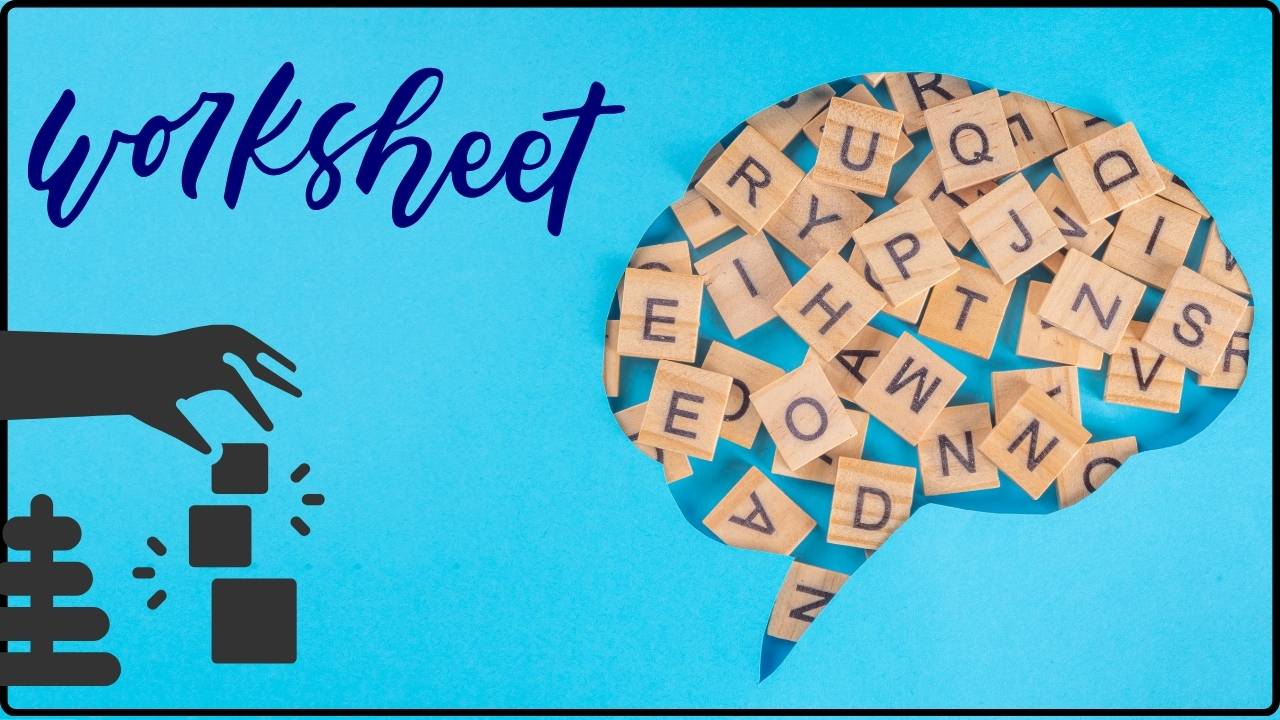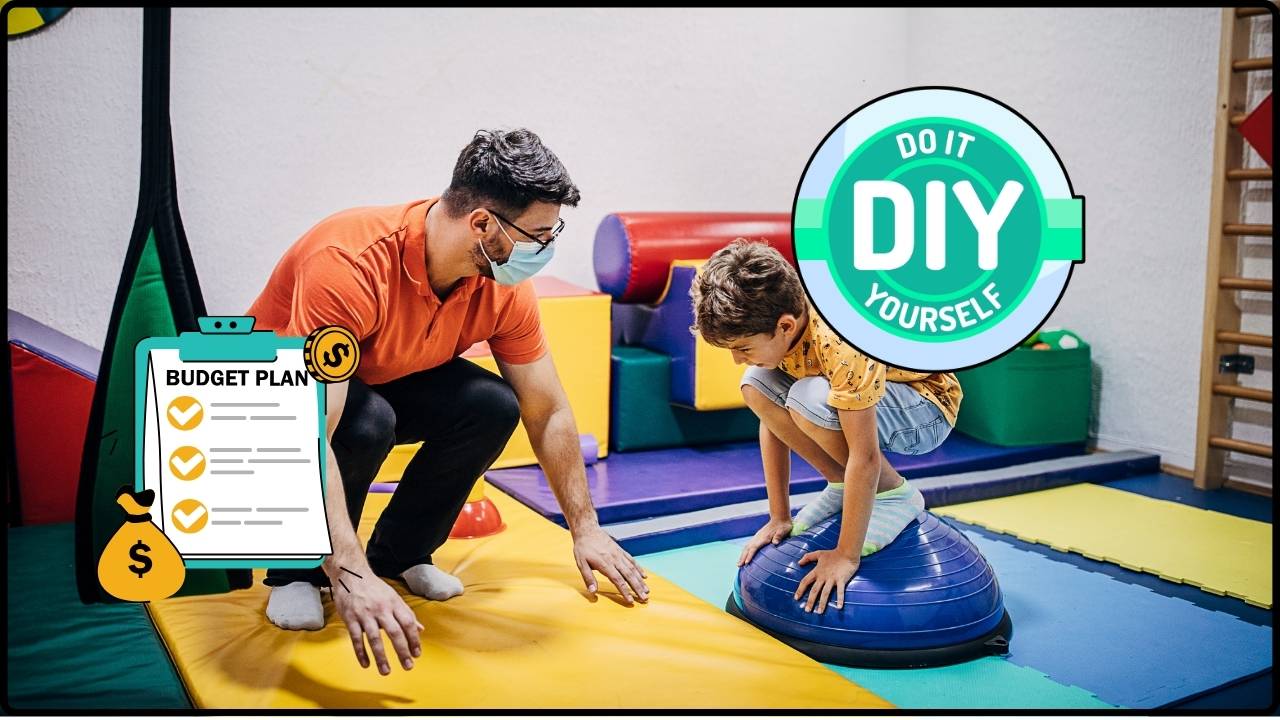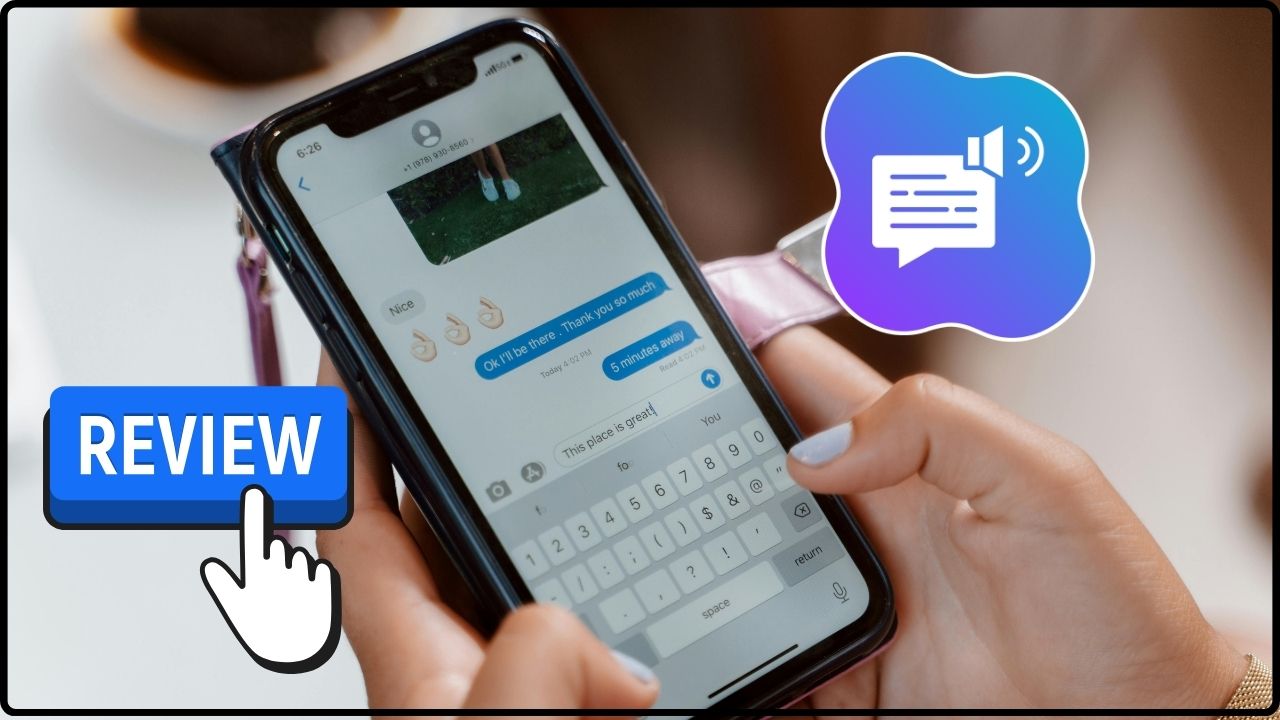Assistive Technology Catalog: When it comes to assistive technology in Serbia, many folks are wondering where to find free and subsidized tools that can help people with disabilities live more independent and full lives. Whether you’re a parent, caregiver, teacher, or a professional working with people who need assistive devices, knowing where to get these tools can make a world of difference. This article breaks down what’s out there, how to access it, and the latest programs and policies shaping assistive technology in Serbia as of 2025.
Table of Contents
Assistive Technology Catalog
Assistive technology in Serbia is increasingly accessible thanks to government funding, innovative digital programs, and cooperative social efforts. Whether you need a wheelchair, hearing aid, or an AI-powered communication device, free or subsidized options are available via the Pension and Disability Insurance Fund and national catalogues. Understanding how to navigate these resources and combining government support with NGOs and local programs can vastly improve the independence and quality of life for people with disabilities in Serbia. With ongoing digital literacy programs and AI advancements, the future looks bright for continued growth in assistive technology accessibility—helping individuals lead fuller, empowered lives.
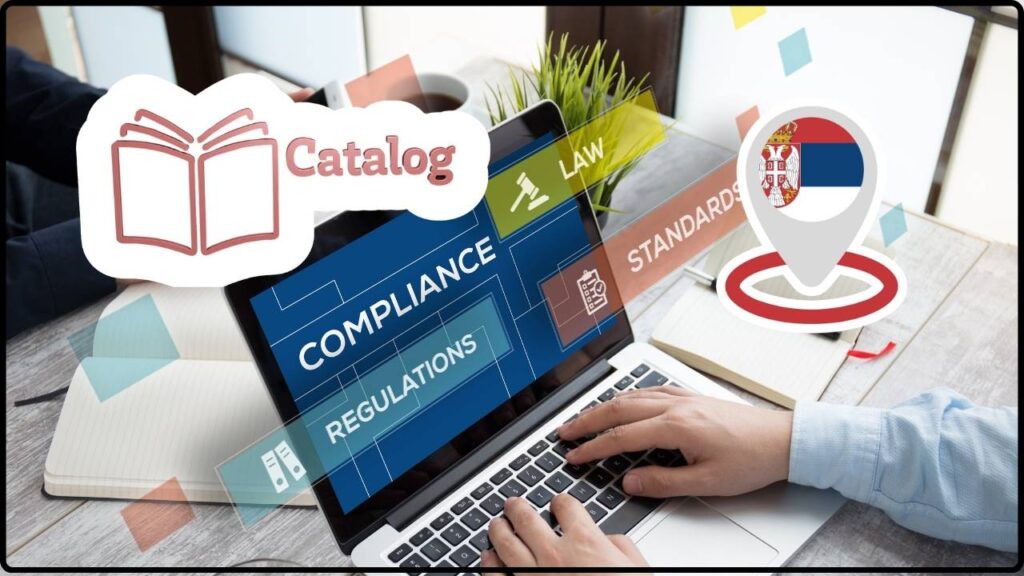
| Aspect | Details |
|---|---|
| Population benefiting | Over 350,000 people with disabilities (5.46% of population) |
| Government Strategy | 2025-2030 Strategy for Persons with Disabilities including assistive technology |
| Principal subsidy provider | Pension and Disability Insurance Fund of Serbia |
| Common subsidized aids | Wheelchairs, prosthetics, hearing aids, oxygen concentrators, insulin pumps |
| Emerging technologies | AI-powered communication aids, screen readers, digital literacy programs |
| Accessibility improvements | E-government initiatives and local digital inclusion projects |
| Official info source | Ministry of Education and Social Inclusion’s Assistive Technology Catalogue (link) |
What Is Assistive Technology?
Assistive technology (AT) refers to products and services designed to support individuals with disabilities in overcoming barriers to daily activities. It’s the toolkit that makes life easier: from simple walking sticks and glasses to high-tech speech-generating devices, smart home controls, and prosthetic limbs. Many of these devices increase mobility, facilitate communication, and enable greater independence.
In Serbia, assistive technology ranges from classic mobility aids like wheelchairs and crutches to digital tools such as screen readers and AI-powered communication aids. The emphasis is on inclusion—helping people participate more fully in education, work, and social life.
Why Assistive Technology Matters in Serbia?
About 5.46% of Serbia’s population, over 350,000 people according to recent stats, have disabilities, including physical, sensory, or cognitive impairments. This highlights a significant need for robust assistive technology support to reduce barriers and improve quality of life.
The Serbian government acknowledges this need. In early 2025, it adopted a comprehensive Strategy for Persons with Disabilities 2025-2030 designed to boost accessibility and inclusion. One of the plan’s major pillars is improving access to assistive technology, ensuring that people receive not just devices but also training on how to use them effectively.
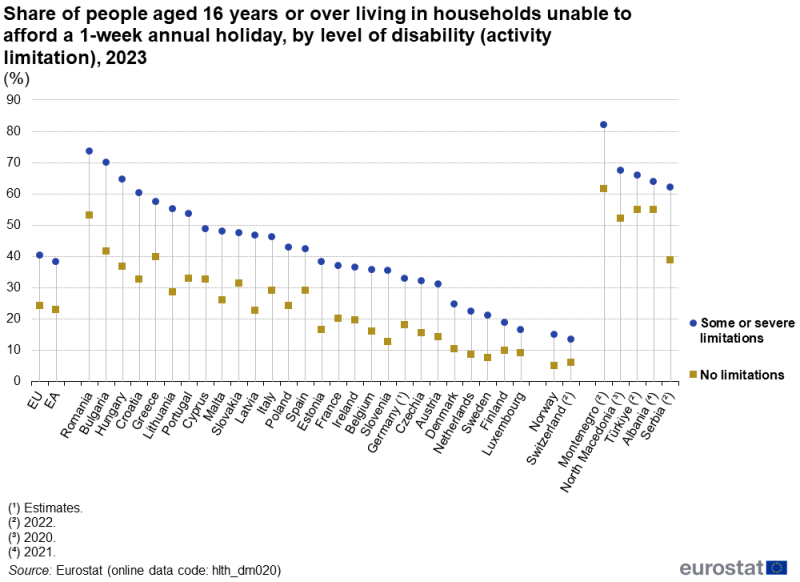
Serbian Government Programs for Assistive Technology
Pension and Disability Insurance Fund Subsidies
The largest and most well-known source of funding for assistive technology in Serbia is the Pension and Disability Insurance Fund. The Fund offers subsidies for medical aids and assistive devices prescribed by doctors. The subsidy covers a set maximum amount, and if the device costs more, the user pays the difference.
This Fund supports a wide range of aids:
- Mobility equipment: Manual and electric wheelchairs, prosthetic limbs, orthotic devices.
- Sensory aids: Hearing aids, cochlear implants (especially for children).
- Medical support devices: Oxygen concentrators, insulin pumps.
- Communication devices for speech and cognitive impairments.
The Fund’s efforts ensure that financial barriers do not completely prevent access to essential tools.
Ministry of Education’s Assistive Technology Catalogue
In addition to financial support, the Serbian Ministry of Education, Science, and Technological Development has created a Catalogue of Assistive Technology listing devices and resources suitable for persons with disabilities, schools, and healthcare centers.
This catalogue provides a detailed inventory of devices that are available through state programs, making it easier for parents and professionals to identify what’s appropriate and accessible. It also encourages schools to integrate assistive tools to foster inclusive education.
Digital and AI Innovations in Assistive Technology
Serbia is modernizing its assistive technology landscape by incorporating artificial intelligence (AI) and digital tools that can enhance communication and accessibility. For example:
- Speech-generating devices powered by AI help non-verbal individuals communicate.
- Screen readers and text-to-speech software open digital content to visually impaired users.
- Smart-home automation facilitates independent living for persons with limited mobility.
Digital literacy training programs for disabled individuals help bridge the gap between new technology capabilities and effective usage. This aspect is rapidly growing as part of national inclusion goals.
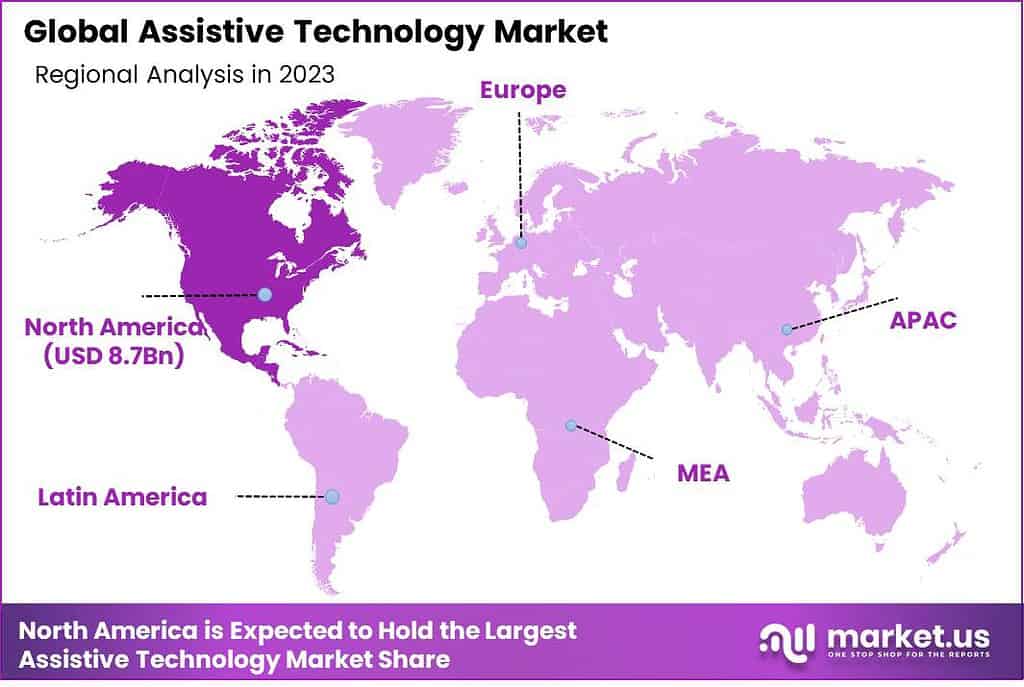
How to Access Assistive Technology Tools in Serbia: Step-by-Step
- Consult a Healthcare Professional
Start with a medical specialist or rehabilitation expert. They provide the necessary diagnosis and prescribe the appropriate assistive device tailored to individual needs. - Apply to the Pension and Disability Insurance Fund
Submit the prescription and required documents to the Fund to request subsidy approval. Expect some paperwork, but this is key to receiving support. - Use the Ministry’s Catalogue for Guidance
Reference the Catalogue of Assistive Technology to understand what devices qualify and where you might obtain them locally. - Investigate Additional Municipal Supports
Some cities offer their own funding programs or loan schemes for assistive devices, so check with your local government office. - Look for NGO and International Grants
Periodic grants and donation programs by NGOs or international agencies can cover devices not fully subsidized by the government. - Engage in Digital Training Programs
Many communities offer training workshops for using advanced assistive technologies effectively.
Real-Life Examples of Assistive Tools and Their Impact
- Wheelchairs and Mobility Aids: Offering freedom to move independently. Electric wheelchairs have improved access in public spaces.
- Hearing Aids and Cochlear Implants: Critical for hearing-impaired children to participate fully in school and social activities.
- Speech-generating Devices: Help non-verbal users communicate needs, reducing social isolation.
- Digital Screen Readers: Enable blind or visually impaired users to access computers, education, and work.
- Smart Home Equipment: Voice-activated lights and appliances empower users to manage their homes without assistance.
These devices not only improve physical independence but also contribute to self-esteem and social inclusion.

